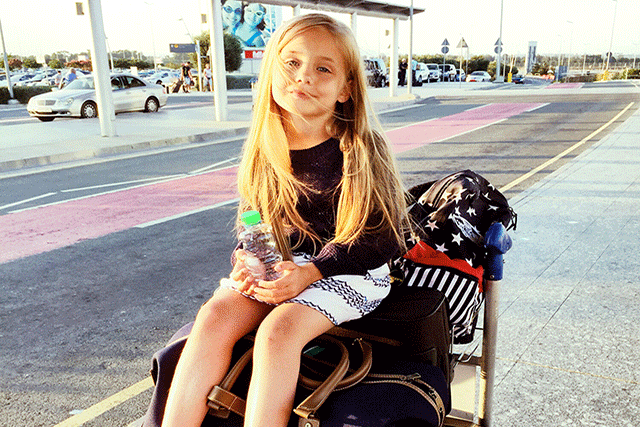Administrative formalities
If you registered with your embassy on your arrival, you must advise them that you are moving on and let them know of your next destination. You must declare your departure to the communal administration of your current place of residence in Luxembourg. The declaration must be filed and signed no later than on the day before the departure. Some communes allow the online declaration of departure by using MyGuichet.lu. You can consult the list of the communes concerned by the online declaration here. Once the declaration is filed and signed, the commune will issue a departure document (déclaration de départ). Depending on your situation, you must surrender some documents to the authorities: the registration certificate if you are a citizen of an EU member state or a country treated as such[1], the residence permit if you are a third-country national and the family member card if you are a third-country national family member of an EU citizen.
Your departure will also affect your local taxes and payments. Some refunds may be made or additional payments required based on the date of your departure.
Housing issues and utilities
If you rent a property, you usually have to send a three months’ notice by registered letter with acknowledgement of receipt to end the agreement between the landlord and you. In practice, you can ask a reduced notice period provided that you search and present a new tenant to the landlord. As a general rule – there is no legal obligation -, a checkout inventory is carried out together by the landlord and you. All damages excluding fair wear and tear must be agreed. The landlord (or his agent) has up to six months to reimburse the deposit, deducting any money needed for repairs of the property.
If you are a homeowner and you want to sell your dwelling, it can take some time. The good news is that the capital gains on the sale of your principal residence are tax-exempt, regardless of the length of time the property is held. To be sure that the residence you want to sell can be considered as your main residence, you can consult the interactive online assistant (in French only) provided by the Luxembourg Inland Revenue. If you hold a property not considered as your primary residence, there are several types of tax treatment. If you sell your real estate less two years after its acquisition, the income earned is called speculation profit and will be taxed at ordinary progressive rates with a maximum of 42%. If you sell your real estate more than two years after its acquisition, the income earned is called capital gain on the sale and will be taxed at a maximum rate of 21%.
At least a week before moving, contact the appropriate providers to cancel your gas and/or electricity account and your water supply and inform them of your new address for the closing bills.
Banking and income tax
Do not close your bank account immediately when leaving the country. Some outstanding invoices may remain. In addition, the tax office, the landlord (if you were a tenant in Luxembourg) and other companies may need to refund balances. However, if you are sure that all invoices have been settled, you can cancel your direct debits (domiciliations) and standing orders (ordres permanents).
Most of the banks in Luxembourg allow you to close your accounts and change addresses online. If the service is not available, you have to close your accounts in person or by sending a registered letter. Your new address must also be provided to credit card companies and the tax office.
Healthcare and education
You can ask for the records of your dental and medical treatments while in Luxembourg to be forwarded to your new practitioner and, if possible, get a copy. If a private insurance health cover is in force, contact the company to cancel the contract or to inform them of the new address if the policy can be carried over to your new country of residence.
On registration of your child at a new school in your new country of residence, you may be asked for a certificate stating the latest grade passed. You can request it from the school in Luxembourg when giving notice of your child’s departure. Luxembourg schools usually provide – in French or German, and sometimes in English on request – the latest results (bulletins) and a summary of the child’s progress and up-to-date test results.
Now, you are ready to leave the country. See you soon and do not hesitate to come back. You are always welcome in Luxembourg.
[1] During the transition period as foreseen by the Withdrawal Agreement between the United Kingdom and the European Union, British citizens remain subject to the same rules and procedures as EU citizens.
